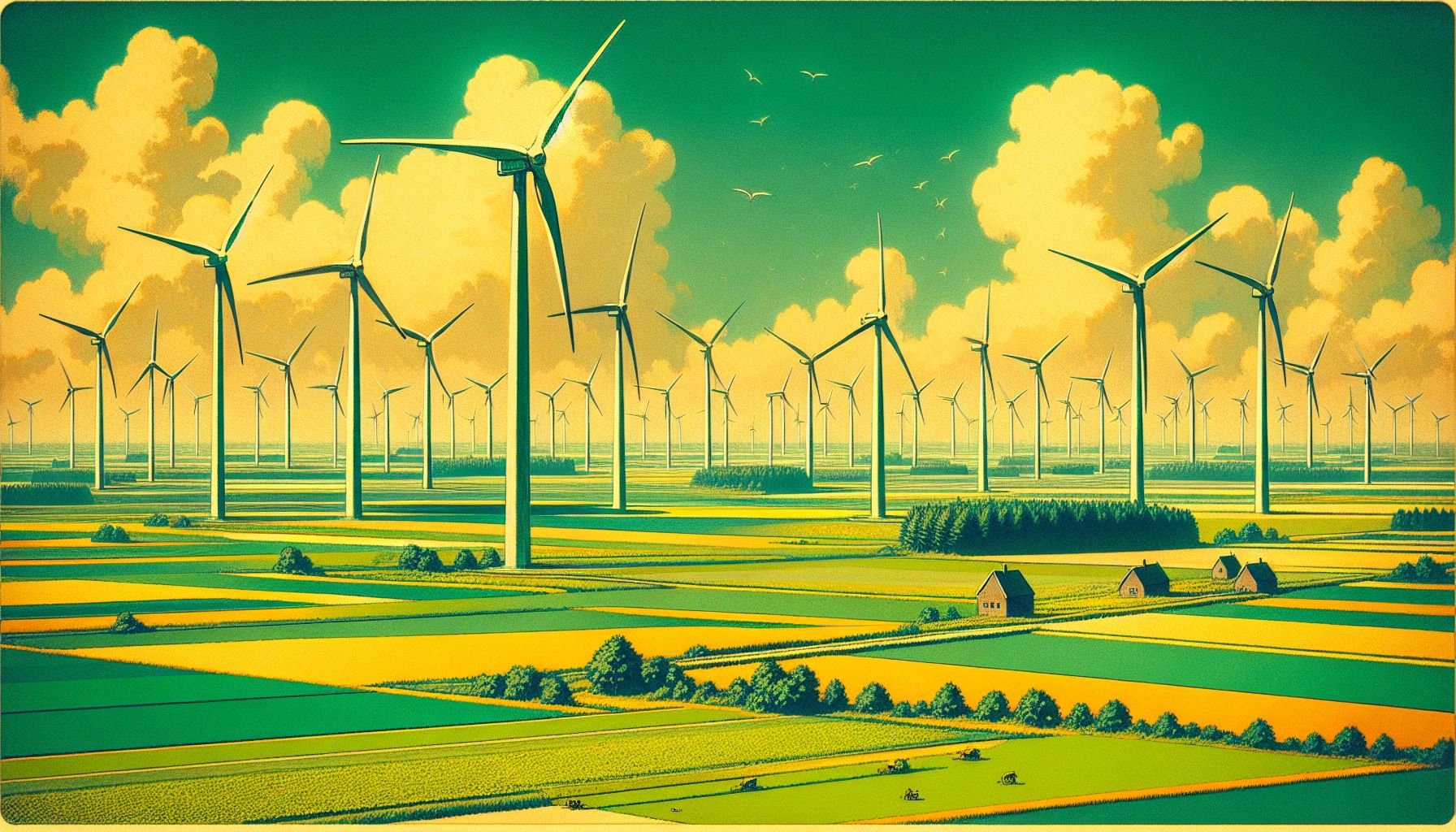Dutch Wind Energy Faces Renewed Subsidy Needs

Schiermonnikoog, Wednesday, 9 April 2025.
Despite initial plans for subsidy-free projects, Dutch wind farms, like Windpark Gemini, require significant financial support. This highlights ongoing challenges in achieving climate goals with renewable energy.
Major Energy Companies Halt New Projects
In a significant development this week, major energy providers Eneco and Danish company Ørsted have announced they will cease construction of new offshore wind farms in the Netherlands unless government policy changes. Ad Tempelman, CEO of Eneco, explicitly stated, ‘We are no longer going to build wind turbines in the North Sea,’ while Ørsted’s representative Joël Meggelaars expressed similar reluctance toward future Dutch wind farm registrations [1].
Historical Investment and Support
The scale of previous government support has been substantial, with the Dutch government distributing €105 billion in SDE (Stimulering Duurzame Elektriciteitsproductie) subsidies over the past decade. Notable beneficiaries include the Luchterduinen wind farm, which received €850 million, and the Gemini wind farm, which was granted €4 billion in subsidies [1]. This financial backing has been crucial in establishing the Netherlands’ renewable energy infrastructure, contributing to the European Union’s broader goal of achieving 42.5% renewable energy by 2030 [4].
Infrastructure and Grid Challenges
The transition faces significant infrastructure hurdles, with grid operator Tennet investing heavily in network connections. The challenge extends beyond mere construction, as Europe requires approximately €1 trillion for grid upgrades by 2030 [4]. The situation is further complicated by supply chain vulnerabilities, with China controlling 60% of rare earth production and 85% of solar panel manufacturing, creating potential risks for future development [4].
Future Outlook and Policy Response
In response to these challenges, Dutch Minister of Climate and Green Growth, Sophie Hermans, is working to modify legislation to enable renewed state aid for energy companies [1]. This approach aligns with what Tennet CEO Manon van Beek calls the ‘British model,’ where taxpayers provide support when electricity prices fall below sustainable levels [1]. The success of this policy shift will be crucial for maintaining the Netherlands’ progress toward clean energy goals, particularly as the industry faces mounting pressure from both economic and technical challenges [4].

